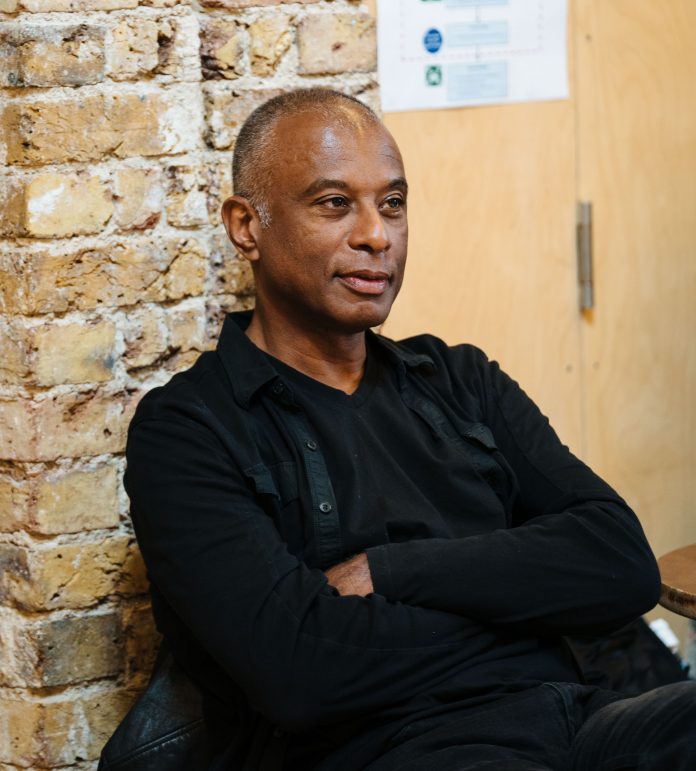

Coetzee's fiction is reflective of a postmodern aesthetic in its unreliability and indeterminancy. The first chapter examines The Final Passage, Higher Ground, and The Nature of Blood to demonstrate that fragmentation becomes more deeply embedded in Phillips's narrative structure as his novels advance. In opting to juxtapose fragments of stories, Phillips matches his narrative form to his thematic interest in the dislocation experienced by people of the African diaspora.

Phillips embraces postmodern fragmentation by segmenting his fiction into multiple, often unrelated stories. What enables these writers to transcend the simple binarisms of colonizer and colonized and to concentrate on the ambiguities of the postcolonial condition is their use of postmodern stylistic elements which emphasize complexity and irresolution. Kitts, South Africa, and Sri Lanka respectively-who explore the ambivalences engendered by colonialism rather than conforming to a one-dimensional understanding of postcolonial literature which focuses exclusively on the reactionary nature of this type of writing. Coetzee, and Michael Ondaatje, writers originally from post-colonial countries-St. This study examines the novels of Caryl Phillips, J. Renee Therese Schatteman, University of Massachusetts Amherst Coetzee, and Michael Ondaatje: Writing at the intersection of the postmodern and the postcolonial


 0 kommentar(er)
0 kommentar(er)
